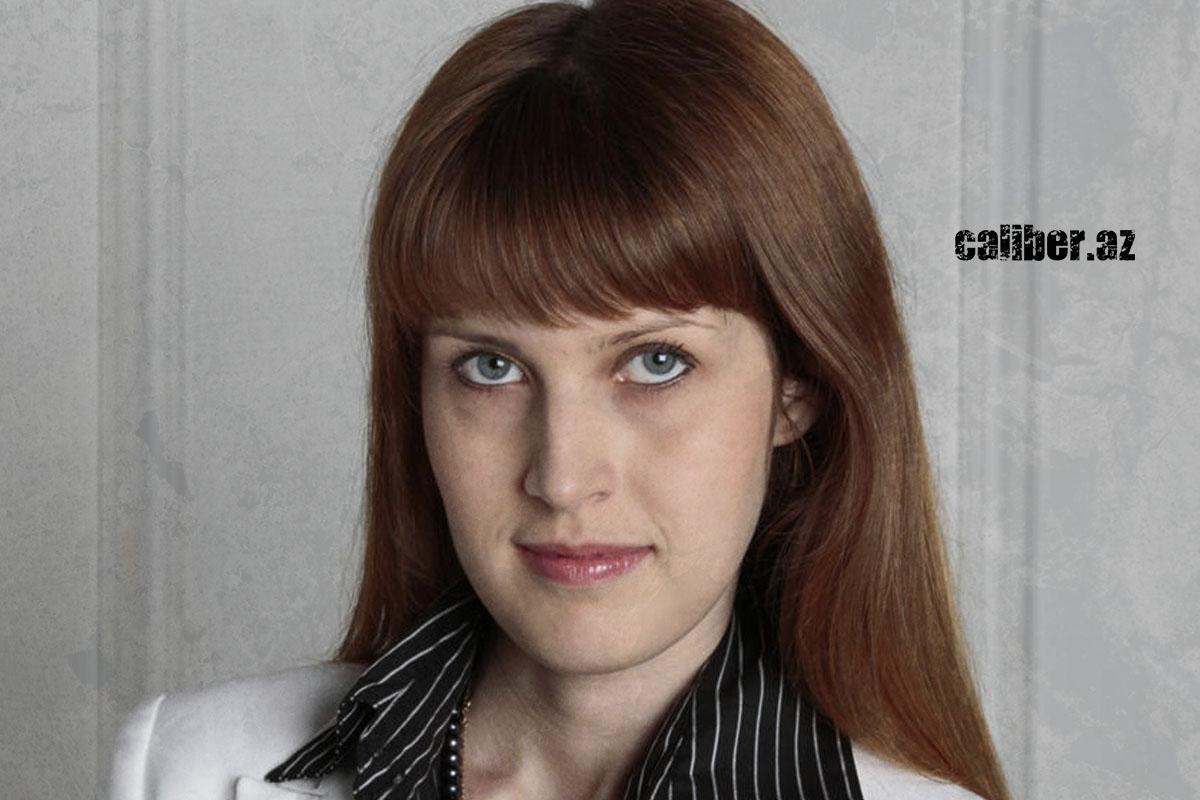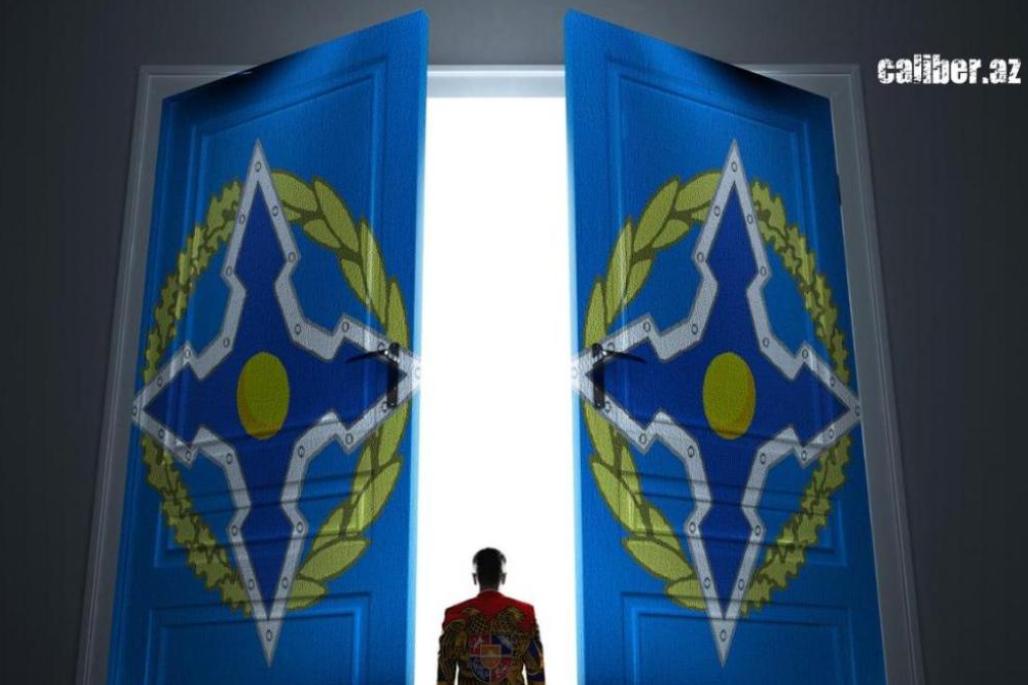Political analyst rules out Moscow tolerating another anti-Russia in Armenia Daria Grevtsova shares her views with Caliber.Az
During an interview with Caliber.Az, Darya Grevtsova, a renowned Russian political scientist and deputy director of the Institute of Political Studies, provided in-depth insights into the current state and future of relations between Russia and Armenia.

- What is your opinion on the recent strong-worded remarks made by the Russian Foreign Minister, Sergey Lavrov, to Yerevan expressed in an interview with the Izvestia?
- Indeed, Sergey Lavrov has lambasted the Armenian leadership's policy, labelling it unfriendly. Moscow is concerned about Yerevan's intention to replace the Russian military base in Gyumri with NATO bases, as this could potentially result in a situation similar to that of Ukraine. Russia wishes to avoid such a scenario in Armenia and hopes that the country will take the necessary steps to prevent it from happening.
- Nevertheless, the process is underway. What are the prospects for bringing it to a conclusion?
It is possible that the Russian border guards may be withdrawn from Armenia in the near future. The Armenian government is also considering withdrawing the Russian military base in Gyumri and discussing it with Western partners such as the EU and the US. The West may want to replace the Gyumri military base with its own and remove Russian influence from the region. However, Nikol Pashinyan cannot legally close the base and ignore agreements made with Russia.
If he wishes to encourage the Russian military base's withdrawal from Gyumri, he can do so by taking a measured approach and organizing peaceful protests. By adopting this strategy, the Russian forces may be withdrawn from Armenia ahead of the scheduled dates of their stay.

- What keeps Yerevan from making a decision to leave the CSTO?
- Yerevan is currently facing a dilemma of whether to leave or stay in the CSTO. The decision may hinge on Armenia's Western partners and their stance on the issue. It is possible that the West prefers Armenia to remain in the CSTO as this would allow it to obstruct the organisation's activities through boycotts or other unproductive means. Additionally, being part of the CSTO enables Yerevan to spy on the organisation's internal processes and report back to its Western allies. Russia is also aware of this. Currently, Pashinyan has announced that Armenia's activities in the CSTO will be frozen, and his next steps will determine whether the Western partners seek espionage or a complete withdrawal from the CSTO.
- Is Moscow preparing practical steps to prevent Armenia's westward pivot?
- I find it difficult to answer that question. In my opinion, Moscow's priority should be to avoid a second anti-Russia movement in Armenia. However, it's challenging for Moscow to find a pro-Russian leader to replace Pashinyan in Armenia. Meanwhile, Russia hasn't taken action against Pashinyan's pro-Western stance and statements yet. Despite pro-Russian groups in Armenia, Russia's inaction allows Pashinyan to move closer to the West. Therefore, I believe that Moscow needs to be more decisive in its reaction to the situation.
- Could you share your insights on the likelihood of Baku and Yerevan reaching an agreement on a peace treaty?
- The signing of a comprehensive treaty between Baku and Yerevan is being postponed because mediators are trying to infiltrate the region and their actions are only hindering the conclusion of peace. In this regard, President Ilham Aliyev rightly stated that the neighbours should deal with this issue directly and that Armenia and Azerbaijan should sit at the negotiating table and reach an agreement. And now we see France and the United States interfering in the process in order to clearly advance their interests in the South Caucasus. But Yerevan does not seem to realise this.
- What is your view on the future of Armenian-Russian relations?
Russian-Armenian relations are likely to deteriorate because Russia will eventually have to respond to Armenia's openly hostile policies. Finding a solution that does not lead to a Ukrainian scenario in Armenia is important for Moscow.







